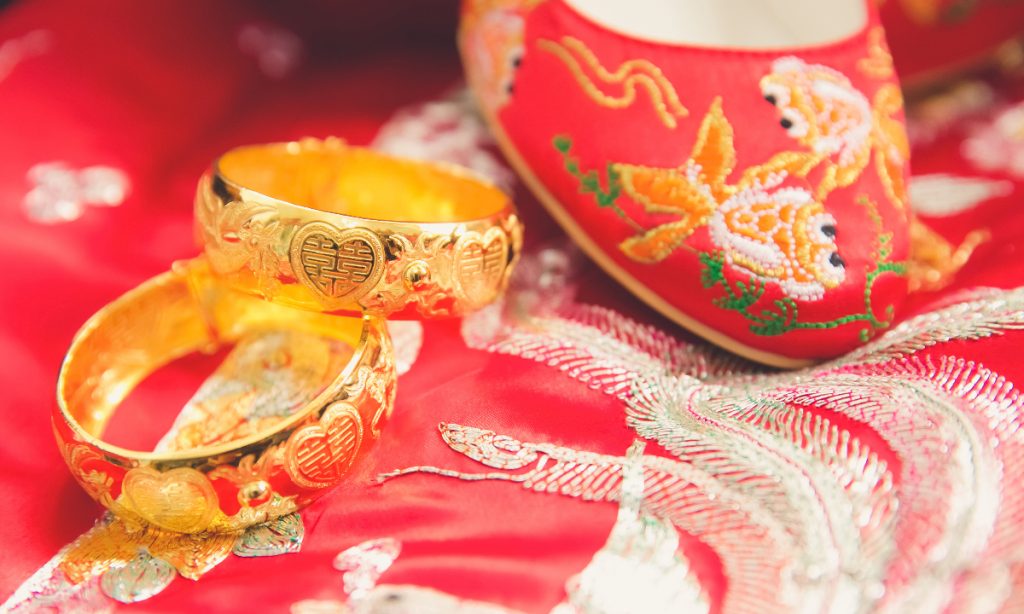China's top court releases typical cases of disputes over betrothal gifts

A series of typical cases related to bride price and dowry were issued by China’s top court and other departments on Monday as reference and supplement to the stipulations in the Civil Code in dealing with disputes over bride price when couples break up.
According to China’s Supreme People’s Court, as a traditional Chinese custom, bride price and dowry have a deep social and cultural foundation in the Chinese society. However, the rising amount of bride price and dowry in recent years has led to an increasing number of bride price-related disputes and even serious criminal cases, China Central Television reported on Monday.
A recent murder case of two victims related to the disputes over bride price happened in Liangshan, Southwest China’s Sichuan Province, on November 11. The incident sparked heated discussions online.
A woman and her relative were killed by the woman’s ex-boyfriend and his father at a local mahjong parlor after the woman refused to return the bride price despite that she decided to break up with the man. The woman received 300,000 yuan ($41,741) in bride price but returned 150,000 yuan to the man after they broke up, according to media reports.
On Monday, the Supreme People’s Court, together with China’s Ministry of Civil Affairs and All-China Women’s Federation held a press conference to release four cases involving disputes over bride price and dowry, which balanced the interests of the involved parties. The ruling took local economic and social development into account, and gave consideration to factors such as the duration of cohabitation, whether they have registered for marriage legally, and whether they have children.
According to the Civil Code, there are three situations the bride price should be returned: the couple have not registered legally, they registered but don’t live together, or the payment of betrothal gifts causes financial difficulties for the payer.
However, in practice, there are many cases in which the couples have not registered legally but have held weddings according to local customs and have lived together. Sometimes the couples have registered their marriage but only live for a short period of time. The Civil Code does not apply to these cases.
According to the Supreme People’s Court, this batch of representative cases clarifies three principles for handling betrothal disputes: prohibiting soliciting property through marriage; the reasonable betrothal gifts amount based on local practice and customs; and the balance of rights and interests of both parties by considering their duration of cohabitation, marriage registration status and whether they have children.
Two common situations where disputes of betrothal gifts often occur is “flash divorce” and living together without legal registration of marriage.
The court clarified that in addition to marriage registration, the bride price is usually meant for living together for a long time. Thus, the time of cohabitation should be considered an important factor in determining whether and how much the bride price should be returned.
Meanwhile, considering that the termination of pregnancy causes harm to a woman’s health, it is appropriate to return only part of the bride price to better balance the interests of both parties.
In one case where the couple did not register their marriage but held a wedding ceremony according to local customs, lived together for three years and had conceived a child, the court did not support the return of the bride price to protect the woman’s legitimate rights and interests.
Besides, the top court also noted that bride price and dowry are both traditional Chinese marriage customs which share a common purpose and should be subject to the same rules based on local customs.